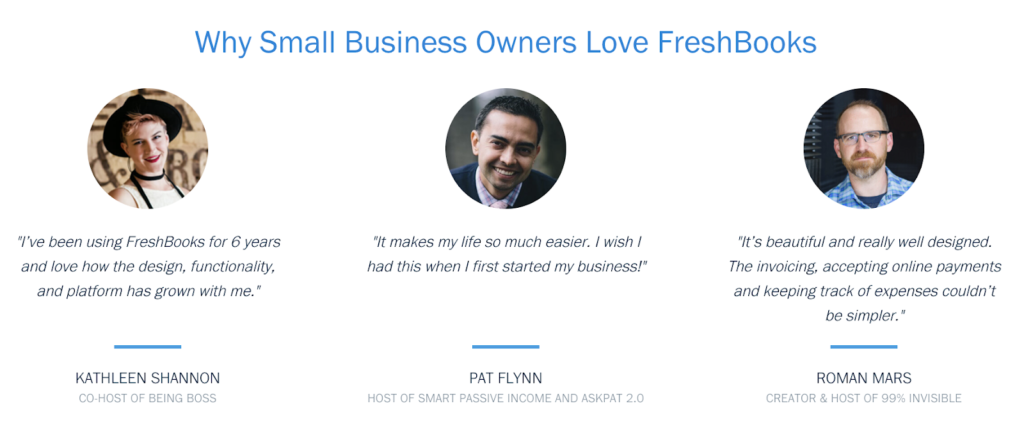
B2B Strategies To Increase Growth in Singapore
What is B2B Marketing?
B2B marketing, or business-to-business marketing, targets potential customers and builds relationships with them to grow a company’s customer base. B2B marketers use a variety of tactics to reach their target audience, such as email marketing, search engine optimisation (SEO), content marketing, and sales pitches.
In addition to traditional marketing strategies, b2b companies must consider buyers’ needs in today’s digital age by leveraging mobile devices and creating high-quality content to attract potential buyers. By understanding buyer personas and creating an effective digital marketing strategy tailored for those personas, increase the reach of prospective customers and increase conversions.
How is B2B marketing different from B2C marketing?
B2B (business-to-business) marketing differs from B2C (business-to-consumer) marketing in a few ways. B2B marketers target businesses rather than individual consumers and focus on creating long-term business relationships through networking and industry events. The sales cycle for B2B customers tends to be longer than for B2C customers due to the complexity and volume of the products or services sold.
What are B2B buyers’ expectations today?
In today’s digital world, B2B buyers are more informed and have high expectations for the companies they work with and a good purchasing experience. The internet has made marketing even more challenging – most information about a product can usually be found online. Research says nearly 70 to 90% of a B2B sale is complete even before buyers contact a sales representative. Buyers expect high-quality products or services, detailed descriptions of what is being offered, customer service that is both responsive and helpful, and pricing that is competitively aligned with market conditions.
Additionally, they want to be able to make purchases from multiple channels, such as online stores, mobile apps, or even through social media platforms. B2B buyers are more likely than ever before to use search engines for sourcing and research before making a purchase decision. B2B companies must ensure that the website is optimised for search engine visibility for potential customers to find them online. Buyers also expect companies they do business with today to offer high-quality relevant content and videos that can help inform their decision-making process.
How marketing and sales work together in B2B
For a B2B company to succeed, marketing and sales teams must work harmoniously. The marketing team’s job is to create interest in the company’s products or services using various b2b marketing strategies and generate leads. Meanwhile, the sales team should focus on developing relationships with potential customers and nurturing leads until they are ready to make a purchase decision. Additionally, the sales team needs to use data gathered from marketing efforts, such as customer preferences and website analytics, to personalise their messages and ensure they have all the information necessary to close a deal. By working together, both teams can help meet business goals in Singapore and regionally.
B2B Lead Generation Strategies
Understanding the B2B buyer’s journey before engaging in any digital marketing strategy. A way to figure this out is by recognising the different stages of the journey and considering how they may affect marketing plans. Identify characteristics of potential customers, such as age range, income level, interests, values, and location. Knowing who the audience is and what they care about allows for crafting effective B2B marketing strategies better.
This section will share more about various B2B marketing strategies that can be used in Singapore.
Create a B2B website
Develop a website to increase visibility and presence in the online world. A website should serve as an extension of your sales and marketing teams, engagingly showcasing the products and services. An effective website should be designed with the user experience in mind and meet potential customers’ needs. Keep the design simple yet professional, with content that appeals to buyers in terms of functionality, relevance and usability. The site should have a clear navigation system that makes it easy for buyers and end users to find what they are looking for. Find out more here on the different types of web development services in Singapore.
Run PPC campaigns
Pay-per-click (PPC) campaigns drive more traffic and lead visitors to the website. With PPC, businesses pay only when ads are clicked. To create effective PPC marketing campaigns, start by selecting relevant keywords and targeting the right audience to ensure the ads are seen by potential buyers sourcing online. Create compelling ad copy tailored to each specific keyword or target audience segment. Lastly, track and analyse campaigns’ performance, adjust accordingly, and optimise the ads.
Have a content marketing strategy
B2B content marketing involves creating content that appeals to potential customers and is tailored to their needs and interests. Ensure that all messaging is consistent across all channels, including email, social media channels, website product pages, blog posts and more. Use SEO tactics such as keyword research and optimisation to ensure targeted keywords appears in relevant search results.
B2B companies should focus on creating high-quality content. The content should be relevant to the target audience and useful so that customers can learn about the company and its products. Use relevant phrases and keywords and use persuasive language and images to create a strong emotional connection with potential buyers.
Optimise digital presence with SEO.
To optimise a site for SEO, start by researching relevant keywords that customers use in their searches. Incorporate these keywords into the content, such as blog posts, pages and product descriptions. Additionally, create quality backlinks to your website from other high-ranking sites to increase visibility in search engine results. Finally, use analytics tools to track progress, measure SEO efforts’ performance over time, and make adjustments accordingly.
B2B Influencer Marketing
By leveraging industry experts, thought leaders and other influential figures in their field, B2B marketers can reach their desired demographics and increase brand awareness. Look for potential influencers who align with the company’s mission and values and craft campaigns that are tailored to these influencers’ interests and audiences. Ensure that all communications are transparent and well-researched to maintain credibility with the influencers and followers alike.
B2B Social Media Marketing
Social media platforms are powerful tools for building customer relationships and generating leads. Through social media marketing strategy, B2B companies can connect with potential and current customers, learn about their needs and interests, and build trust.
Create social media accounts on popular sites such as Facebook, Twitter and LinkedIn, craft content tailored to the target market, and build relationships with followers by responding to comments and messages. Use analytics tools to measure the performance of their campaigns to increase brand awareness, attract prospects and ultimately boost sales.
B2B Client Testimonials
By showcasing positive customer reviews, businesses can demonstrate the value of their products or services to prospective buyers. Client testimonials can provide a personal touch and make potential buyers feel more confident about purchasing. Feature customer stories on their website, blog, and social media pages. Utilising video testimonials can draw more attention than written ones. Always ensure that customer feedback is authentic by verifying it with the client before it’s published online.
Testimonials can be used on websites, social media profiles, YouTube videos, email campaigns, and other marketing materials. The more detailed the review, the better – customers should include details about why they chose the product or service, what it has done for them, and how it has benefited them.
B2B Email Marketing
Email marketing helps to nurture qualified leads by providing customers with relevant and timely information that helps move them through the sales funnel. Segment customer base into different audiences based on buyer personas and interests and use automation tools to streamline the email process and improve efficiency. Ensure that emails are mobile-friendly, as customers prefer to access content on their mobile and tablet devices.
B2B Marketing Trends to Watch in 2023
As we move into 2023, B2B marketers must stay ahead of the latest marketing trends. Here are some key trends to watch out for in 2023:
1) Personalization: Focus on personalising their marketing efforts to provide customers with a better experience. This means using targeted emails, ads, and content that speaks directly to potential buyers.
2) Mobile-first approach: As more consumers use mobile devices, prioritise optimising websites and apps for mobile and tablets
3) Automation: Use automation and artificial intelligence tools such as email marketing software, chatbots or ChatGDP to keep in touch with the existing customer base and engage new prospects.
4) Brand storytelling: Tell stories through creative campaigns can help businesses stand out while building trust with potential buyers.
By staying up-to-date with the latest trends in B2B marketing, companies can stay ahead of the competition and increase their chances of success in 2023.
The goal of B2B Marketing
For B2B marketers in Singapore, the main goal is to support the company in meeting its goals. Focus on creating a comprehensive digital marketing strategy in Singapore that includes personalised and targeted content by identifying their target audience and crafting buyer personas to understand their needs and preferences better. invest in search engine optimisation (SEO) using high-quality educational content that demonstrates the value of their product or service. Finally, companies should use email marketing or social media campaigns to reach prospective customers with tailored sales pitches. By focusing on these strategies, B2B companies can meet targets and build customer relationships for continued business growth.








